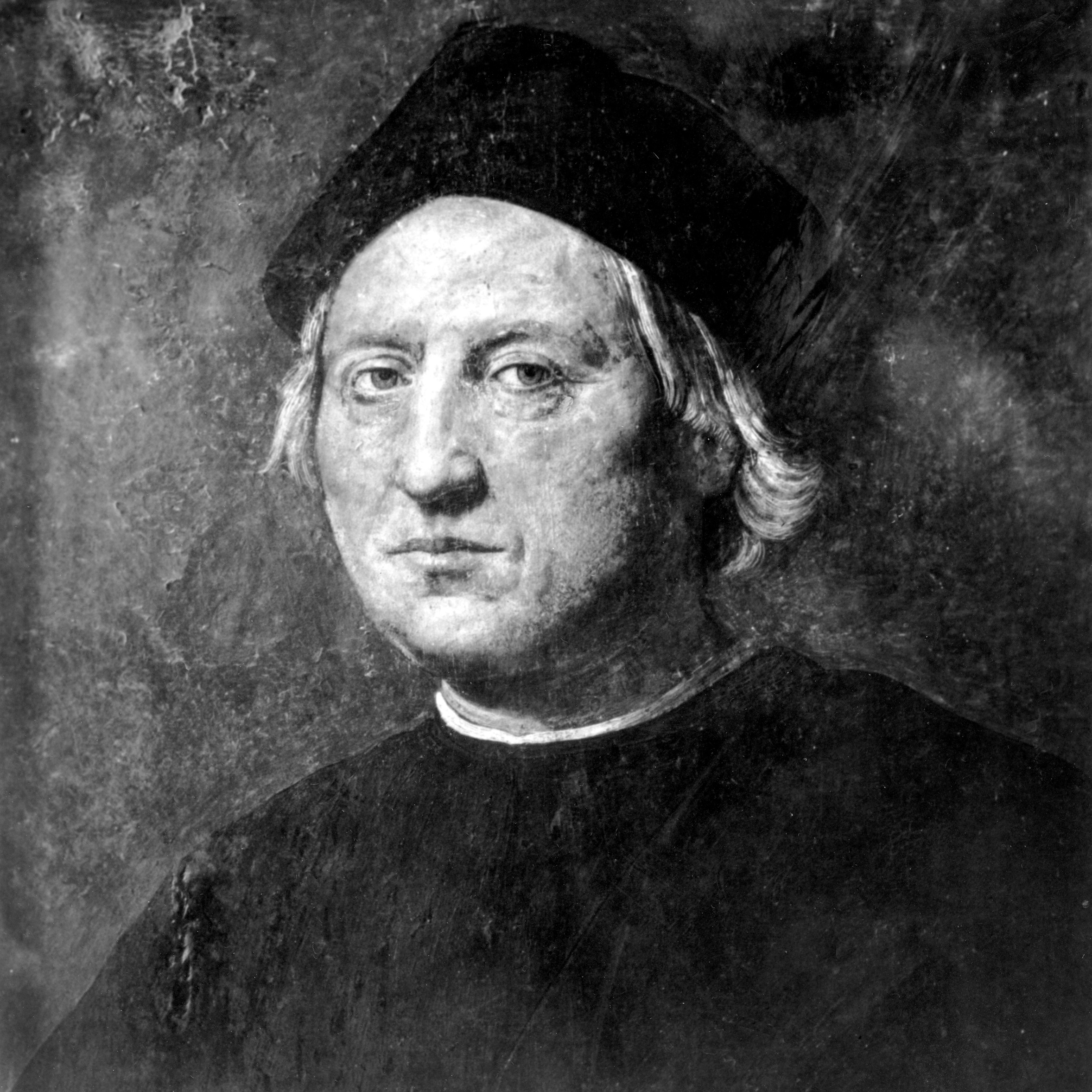MORGANTOWN — Who was Christopher Columbus?
A devout Catholic and working-class man who spent a decade petitioning royal support for a voyage that altered the course of world history and made him a household name?
A genocidal slave trader who delivered disease and death to the indigenous people of the Americas?
Both?
Either way, the Morgantown Human Rights Commission would like the city to stop recognizing the holiday bearing his name, which dates back to 1792 and became a national holiday in 1937 under the signature of Franklin Roosevelt.
The commission intends to ask Morgantown City Council to officially declare the second Monday in October Indigenous People’s Day when council convenes for its committee of the whole meeting on Oct. 26.
More than 100 cities and 17 states have already done so. Morgantown would be the second city in West Virginia to make the change. Harpers Ferry did in 2016.
HRC members Don Spencer and Bonnie Brown, who serves as the Native American Studies program coordinator at WVU, recently sat down with The Dominion Post Editorial Board to discuss their upcoming request.
Spencer said the HRC hoped to have the proposed legislation in front of council before Columbus Day this year, but the timing just didn’t work out.
“It’s continuing to snowball around the country. We’re hoping the Morgantown can be a flake in that snowball to help move things along,” he said. “We’re hoping that this will become established and that the schools, instead of teaching something necessarily about Columbus, who never even came to the United States territory and was a very questionable person …”
Brown added that it’s important that people can still teach about Columbus, “but be aware of the real story.”
She said Morgantown can be a small piece of a growing movement.
“It’s part of a mosaic. It’s part of an overall contribution of greater awareness, greater respect, greater social justice, ending racism, helping people reconcile within themselves, and then societally, having a clearer focus on where we are today, how we got here, and so on,” she said.
Asked if the commission anticipated pushback, particularly from the sizeable Italian American population in the area, Brown said some Italian American communities elsewhere have asked for the change.
“I think more Italian American communities and community organizations are making the shift. I think that’s just a part of more information being shared. Sometimes we just kind of blindly accept things that have been done,” she said. “They’ve said ‘In the 21st century, we don’t need to align ourselves with someone who became the symbol of genocide of indigenous people in the Americas.’ ”
While debate about the man is very much up for interpretation, Columbus’ journey ultimately led to the founding of the United States, West Virginia and Morgantown. Why not celebrate both, as some cities and states do?
“I think there are a lot of different ways to answer that and people might answer it in different ways. I guess, personally, to replace Columbus Day with Indigenous People’s Day is a way of correcting hundreds of years of misinformation, and, frankly, white supremacy. I think it’s a way to put the focus on the people who were here first,” Brown said.
The United Nations declared Aug. 9 Indigenous Peoples’ Day in 1994, making it an international holiday.
TWEET @DominionPostWV




